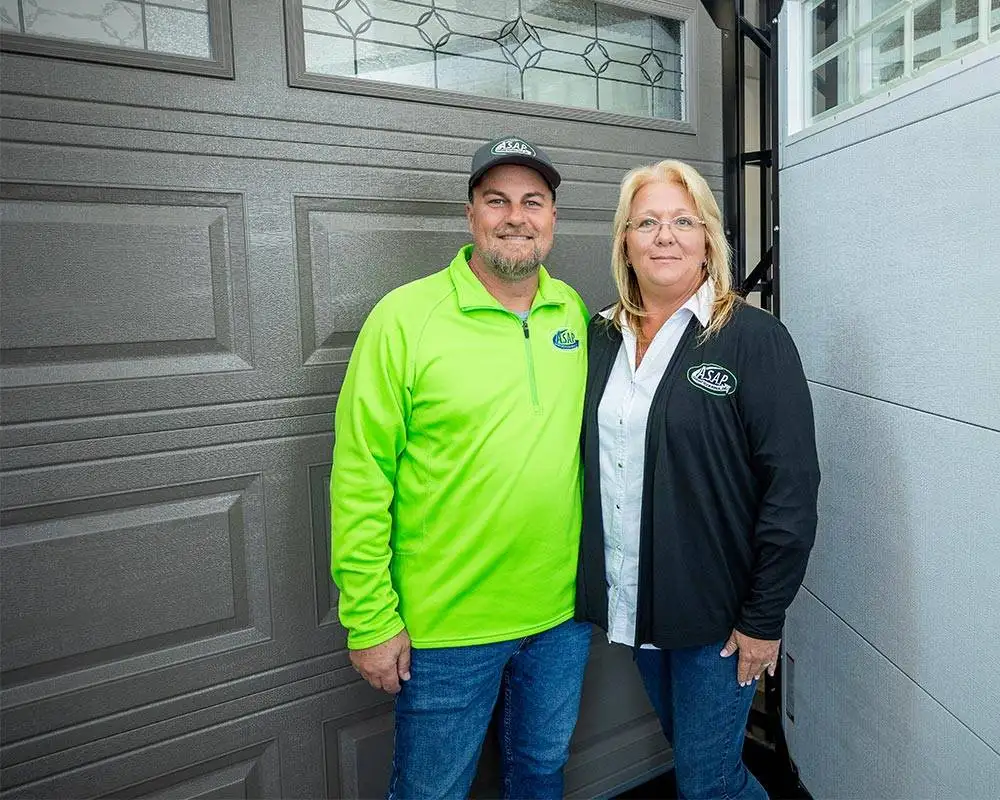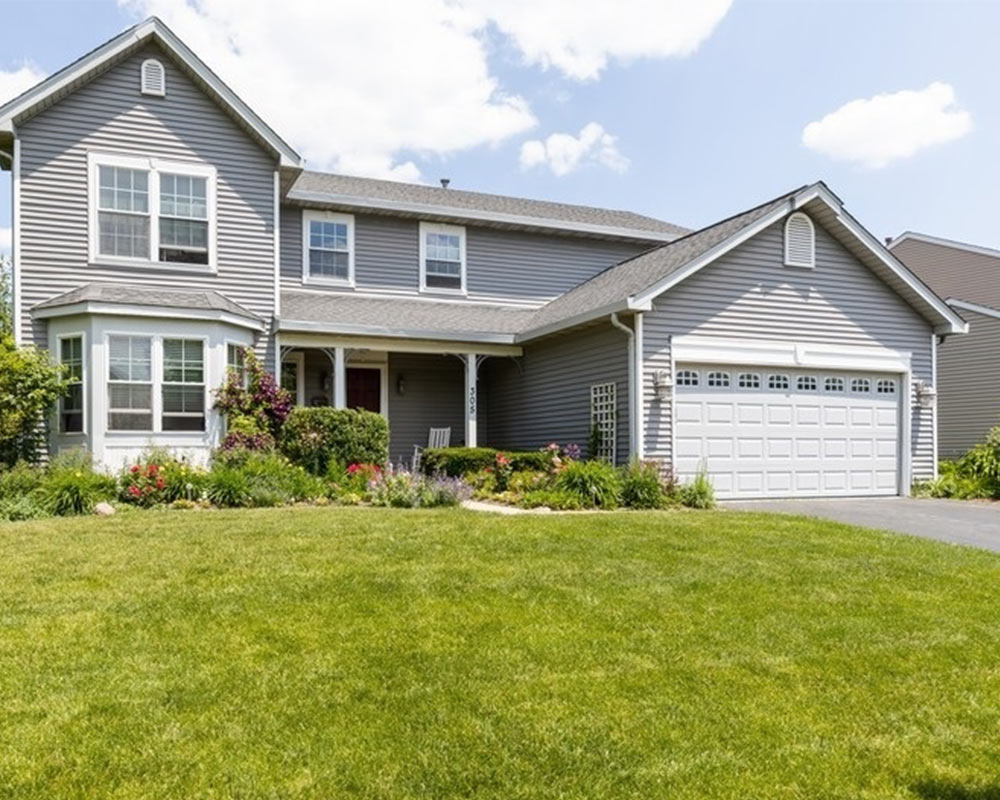Shorter supply, rising prices, constricted homebuilding – this year’s housing market is stacking up to be a most unusual time for people who are ready to move. If you’re looking to jump into things this year, here’s what you’ll need to know.

If you’re looking to sell your home this year, it can feel like a dream come true. On the other hand, if you’re in the market to purchase a home, it can feel like real nightmare.
The housing market is on fire this year, and it’s showing little sign of cooling anytime soon. Is it time for you to jump in now? Well, maybe or maybe not.
Local Realtors are seeing increased demand, driven in part by low mortgage rates and other factors. But they’re also seeing less supply of available housing, which is causing lots of challenges for those on the buying end of things.
In particular, prices are rising at a dramatic clip – roughly 15.5% higher this year in McHenry County. Homes are selling faster, too, at a rate of almost 33 days this spring – half the rate of last year.
“People realized they’re in this for the long-term, so if they’re working from home or spending more time at home, they want their home to be nice,” says Sue Perdue, a broker associate with Baird & Warner, a locally-owned, independent real estate firm, with roughly 30 offices in the state. “We’re seeing people who are making a lot of home improvements and people who want a larger home.”
Perdue also says she’s seeing more renters who are deciding to purchase their own home.
“They feel they might as well just buy it, make their own improvements and pay off their own mortgage, instead of someone else’s mortgage,” she says.
This isn’t just a COVID thing, says Jim Haisler, CEO of Heartland Realtor Organization, an association of real estate agents in McHenry County. While some might point the finger at COVID-related concerns, there’s also a question of homebuilding, which has been relatively sluggish since the real estate collapse in 2007.
Conventional wisdom might suggest that homebuilding can help to alleviate the pressure, but that’s easier said than done, because a rapid rise in costs, coupled with a shortage in materials and labor, have put added stress on Chicago-area developers.
“When builders got out of building properties in 2009, they stopped building new homes,” he says. “That really started the wave toward a lack of inventory. It was already on that path, but that exacerbated the problem.”
So, with a limited inventory and no easy way of alleviating the pressure, home sellers have been getting more than asking price. In McHenry County, the average list price was $308,944 this May, with an average sales price of $296,584 – a 23.7% increase over last year.
In a normal market, Haisler says he’d expect an average sales price that’s slightly less than asking price. So, if a homeowner lists at $100,000, they get back $96,000, or 96% – a figure Haisler calls a balanced market. Last May, sellers were getting an average return of 95.9%, but this May, sellers are getting an average of 101.2% list price.
“I’ve never seen the percent of original list price above 100%,” Haisler says. “So, on average, people are getting more for their home than what they’re asking for and buyers are paying more for a home than it’s actually worth.”
Record-low interest rates are also driving the market. Perdue estimates a basic, 30-year fixed mortgage will stay between 3 and 3.375% throughout the remainder of 2021 and into 2022.
“The interest rates were lowered to stimulate the economy when the pandemic started,” Perdue says. “The federal reserve has made it known that they’ll continue to promote lower borrowing rates, which is great because it gives us a lot of stability.”
Sellers may be tempted to list their house higher, hoping to take advantage of the clamor. The problem with this approach is that too high a price can scare buyers away and the house might sit on the market longer than anticipated.
Conversely, if a seller lists the home too low, it may attract too many offers – and it’s not uncommon to see multiple offers right now. In fact, Haisler says one local house received upwards of 75 offers.
To make their offer stand out, buyers are including an escalation clause.
“They’ll put in an offer, and if someone comes in with a higher offer they’ll give the buyer a certain amount more than the other offer,” Haisler says. “The problem is if the home has five offers and each one has an escalation cause, where does it end?”
All of this competition adds up to a growing reluctance among some sellers. They know that, if they do list their home appropriately, and they do get an offer quickly, they still have to figure out where they’ll go next.
“Sellers are telling buyers that they need time to find a new home and get it under contract,” Haisler says. “We’re calling that a seller’s contingency, so that the seller tells the buyer they’ll sell them their home, but they need time to get another home, so it’ll take longer to move in.”
If homebuyers want to separate themselves from the pack, Perdue suggests working with an experienced agent who knows how to navigate multiple offers.
“If you want to win that home, you need a solid pre-approval letter from a local lender with an excellent reputation,” she says. “In these situations, the seller and agent will look at the various lender’s pre-approval letters as well as the offering price. Everyone may offer about the same amount of money, but one buyer might have a lender who has a better reputation and gets the job done. All things being equal, that buyer might get chosen because of their lender.”
Perdue also suggests working with an agent who is smart, but aggressive.
“Make sure you jump on listings right away,” she says. “Contact your agent right away and be prepared to make an offer. Your agent might even have listings that are coming soon.”
What goes up must come down, and Haisler believes it’s only a matter of time before things even out in this wild real estate market. He suspects that the next few months will start to bring a balancing out.
Since there’s a perception that people can get more for their house – which is true – Haisler believes more people are interested in selling their homes, and that will add some much-needed inventory and relief to the marketplace.
“I think it’ll ease up because demand is going to decrease a little bit,” he says. “I think buyers are not going to keep paying extreme prices for homes, and I think demand is going to pull back. It probably already has.”




















































